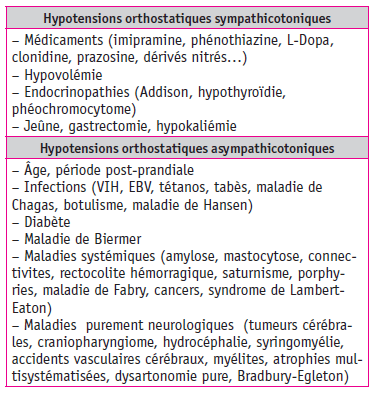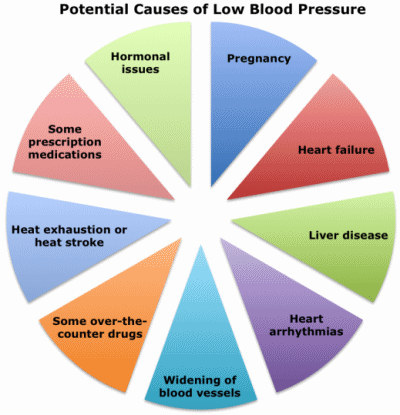
Hypotension is a condition where the blood pressure falls below normal. The causes of hypotension can vary greatly, but they often involve heart disease, diabetes, or a number of other factors. Some people suffer from chronic low blood pressure while others may be suffering from a specific condition, such as erectile dysfunction. If your blood pressure drops below normal, it could be a sign of something more serious. Other possible causes of low blood stress include endocrine disorders, cardiac problems, and dehydration.
The most common cause of hypotension is an infection, especially an untreated one. The infection can lead to dangerously low blood pressure, but in most cases, you can treat hypotension by treating the underlying condition. In some cases, the blood pressure drops rapidly and can result in fainting or dizziness. Other causes of hypotension include postgastrectomy, primary hyperaldosteronism, and pheochromocytoma. Pregnant women are also at risk for hypotension. During pregnancy, the circulatory system expands and contracts rapidly, causing blood pressure to drop suddenly.
The other most common cause of hypotension is a change in blood sugar levels. A person suffering from a high blood sugar level will experience hypotension due to a change in diet or diabetes. This condition can also result in a drastic drop in blood pressure. While it is not considered a life-threatening condition, it is still worth noting that it is a potentially fatal condition. A sudden, large drop in blood pressure can be fatal, so it’s important to find a way to manage it.
Several lifestyle changes can help you reduce the risk of hypotension. Drinking water will increase the blood volume in your body and fight off dehydration. Another way to help reduce the pressure is to wear compression stockings. These stockings will help you avoid the pooling of blood in your legs. You should also sit up and breathe when getting out of bed. You should cross your legs while standing upright. If you don’t, you could be at risk of experiencing a dangerous drop in blood pressure.
Usually, hypotension is not a health hazard, but a medical emergency is possible. In many cases, it can be treated with lifestyle changes and medication. Some people may have severe symptoms such as dizziness or fainting, but these can be safely and easily treated with simple dietary and lifestyle changes. If you suffer from hypotension, it is important to see a doctor as soon as possible. You must be aware of the symptoms of the disease and take all necessary actions to eliminate them.

There are several other causes of hypotension. It can be caused by heart disease, an infection, or a combination. In severe cases, the heart can suffer from severe heart failure, leading to anemia. If you suffer from one of these conditions, your best bet is to seek medical help and guidance at Hopital Central Thailand. It can also be a sign of heart problems. Symptoms may be mild or even absent and not life-threatening.
In some cases, hypotension may be a sign of an underlying medical condition. If your blood pressure is below normal, you should seek medical attention. However, it is important to note that low blood pressure does not cause any other symptoms, so it is important to identify the underlying cause. For example, you may have allergies. When you are allergic to a certain food, your blood pressure will be low.
In addition to infections, hypotension can also be caused by a number of other conditions. If you are suffering from a severe infection, you should contact your doctor. If it is an underlying condition, you may be at risk of developing serious health complications. Fortunately, hypotension is not usually dangerous and can be treated with lifestyle and dietary changes. It is important to be aware of any symptoms as this can lead to serious consequences.
If you are suffering from hypotension, you should seek immediate medical attention. In many cases, hypotension is not a serious problem, but it can cause complications. It is important to know that this can be fatal, so seek immediate medical attention. For example, if your blood pressure drops drastically, you should contact your doctor immediately. Your doctor will be able to tell you if you have an emergency and if there is a solution.